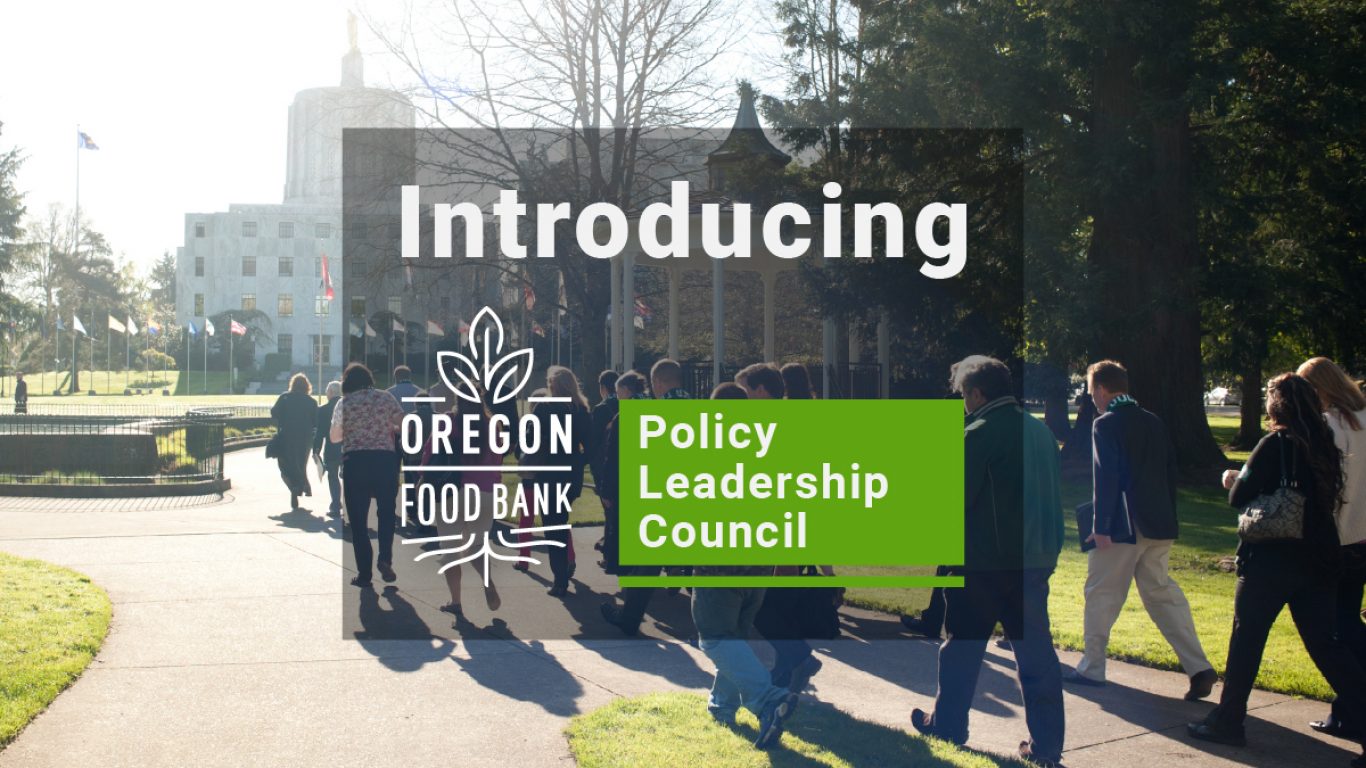Andrea Gonzalez
she/her/ella | Astoria
Andrea completed her master’s degree in social work in the middle of the COVID-19 pandemic, through all of the social, economic and technical challenges that came with it. Andrea partnered with the Tillamook County Food Bank to create culturally-specific food services for Latinx communities in the area. Andrea spends a lot of time working and organizing with Latinx communities in Clatsop County and Tillamook County. Andrea is passionate about providing equitable access to resources in her community so people can cultivate their own food. Andrea’s vision for a hunger-free community is that everyone has access to resources so they can provide their own solutions.
The system isn’t made for us; it’s made to exploit us as People of Color. How do we engage in the system, but also address the inequity in the system? It’s important to assess what causes the metaphorical fires for families and think bigger-scale — like policy change — in order to meet the needs of the community, especially those who have been marginalized for so long.
